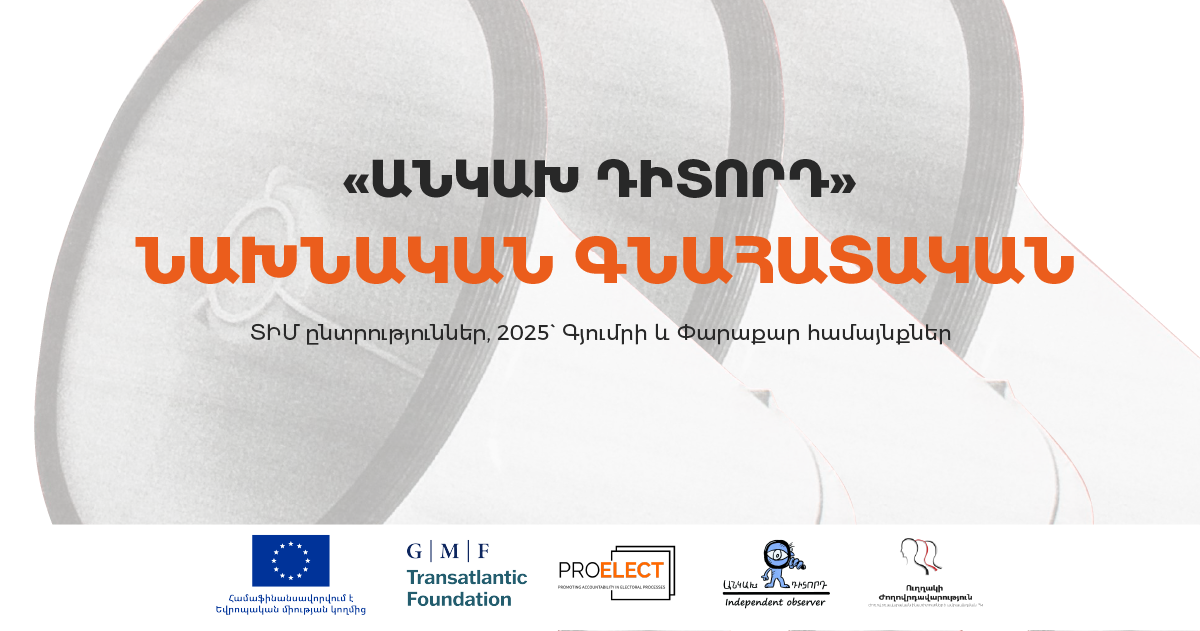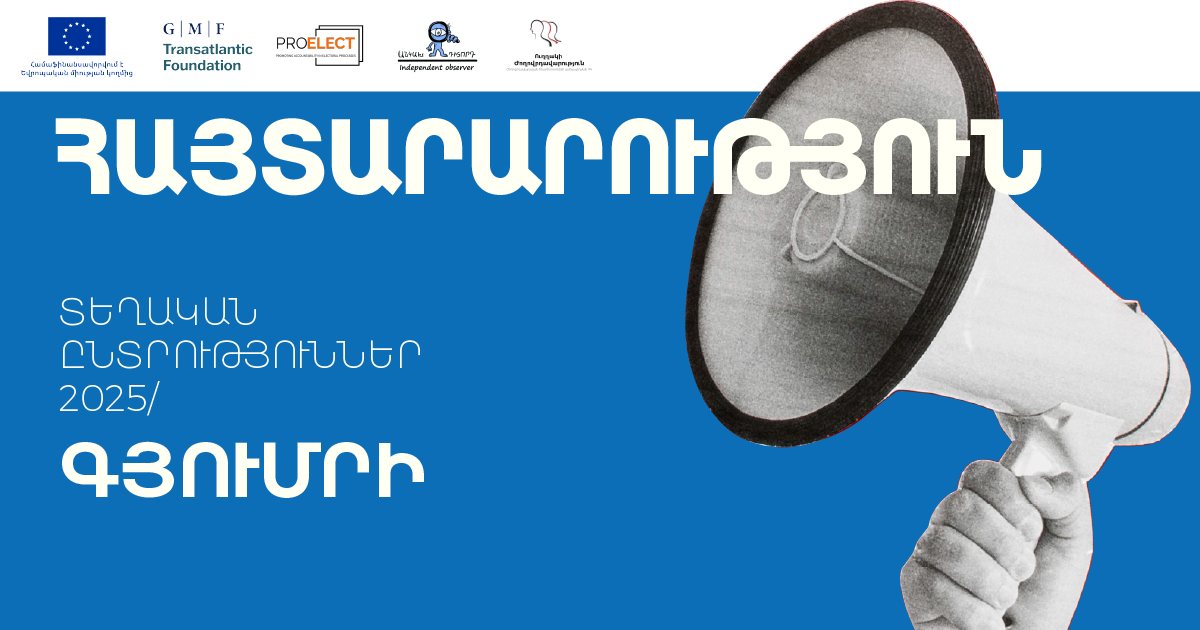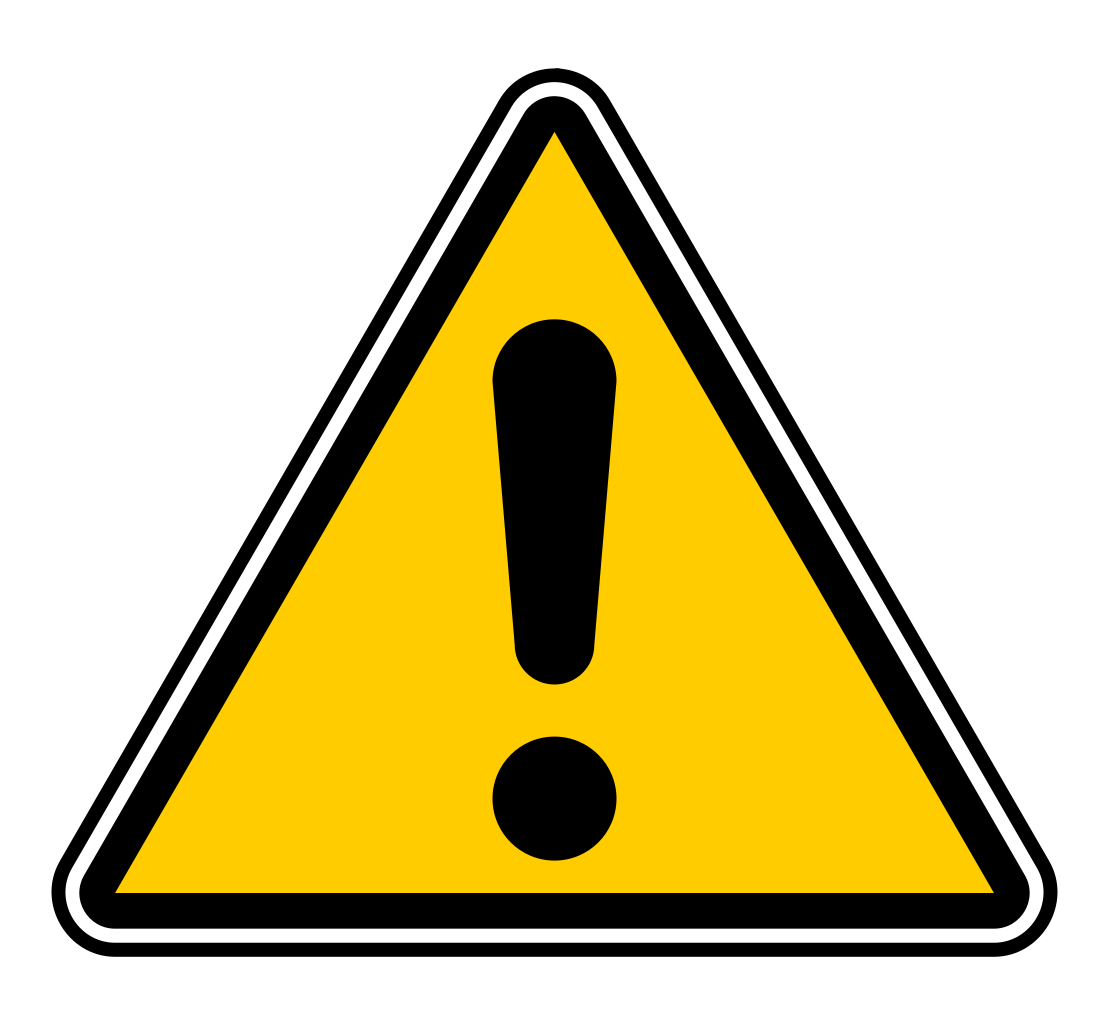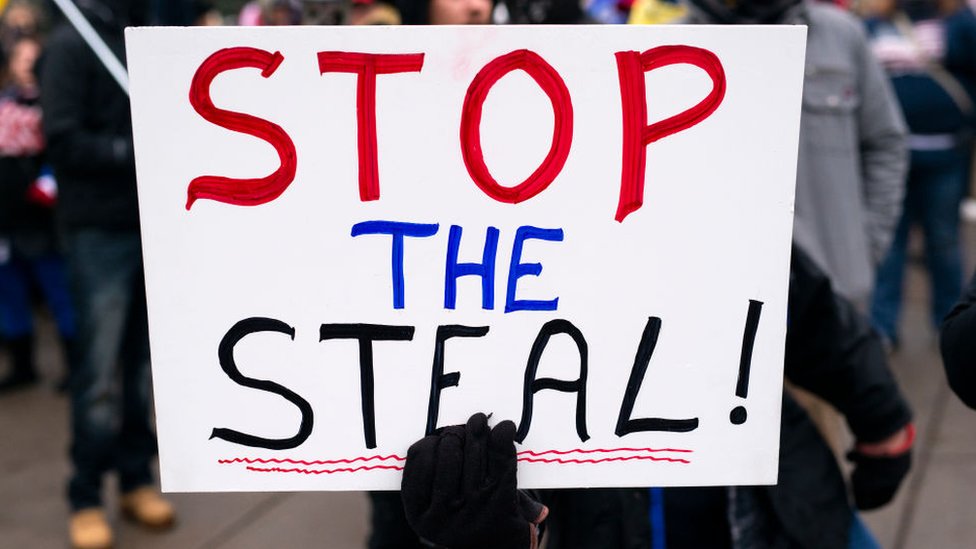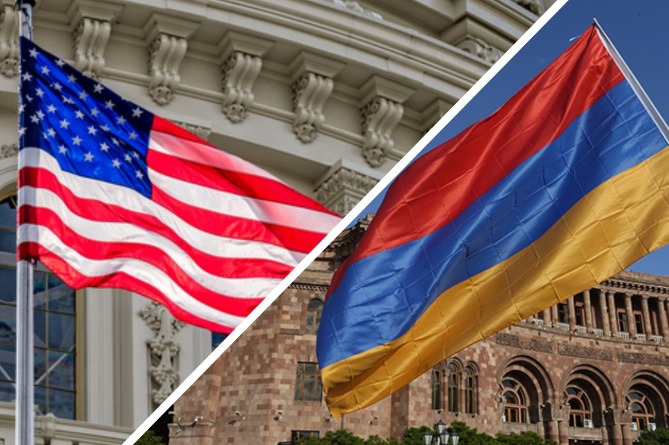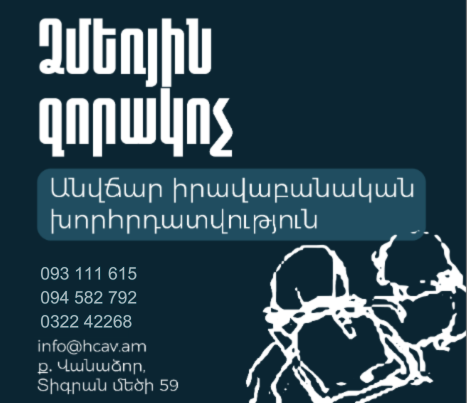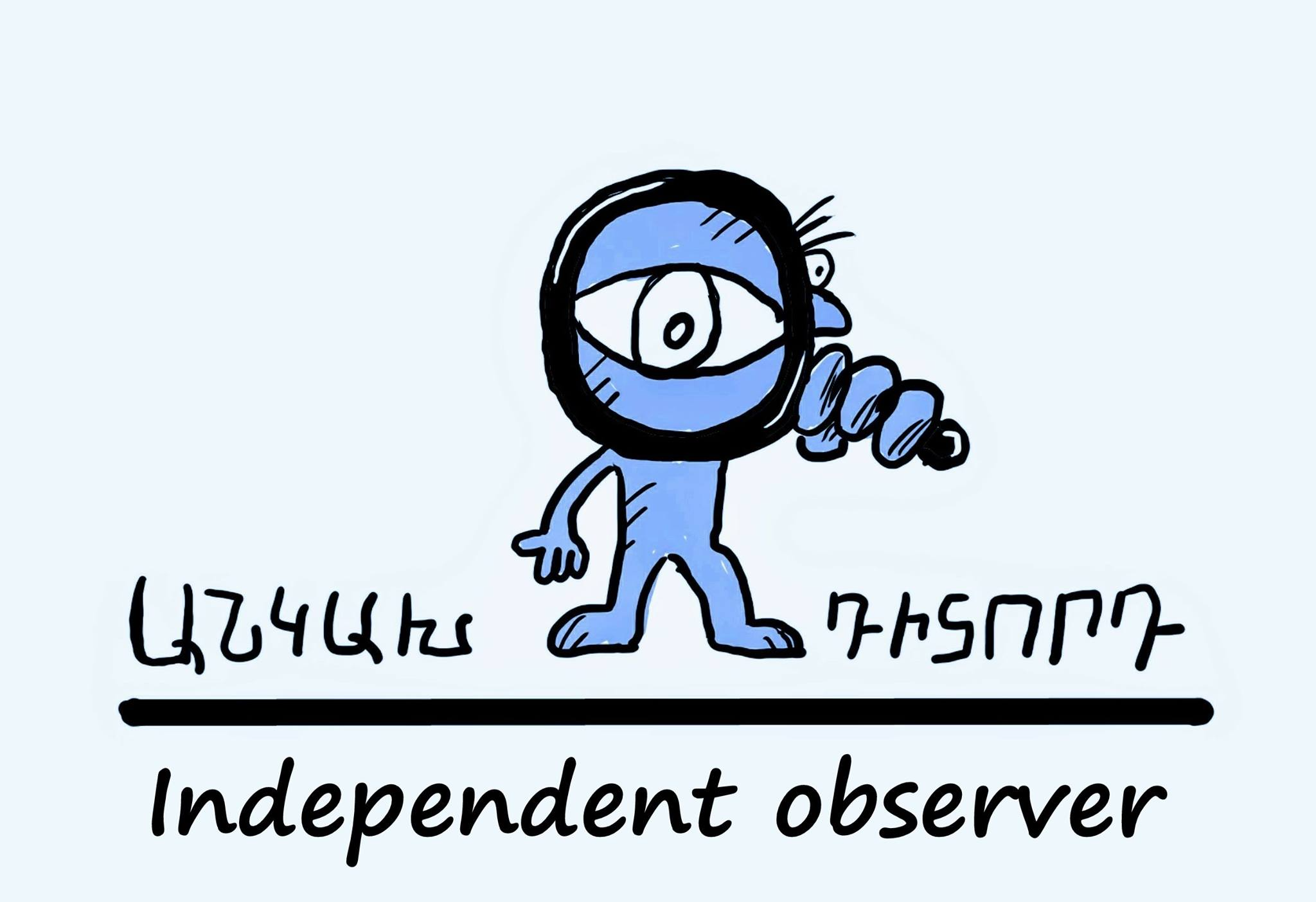




UNGASS 2021: COMMIT TO TRANSPARENCY IN COMPANY OWNERSHIP FOR THE COMMON GOOD

Hundreds of academics, civil society groups and business leaders call for the UN General Assembly to end anonymous shell companies.
On International Anti-Corruption Day 2020, a group of leading economists, trade unions and civil society organisations tackling issues from human rights, to poverty, to business integrity, came together to call for an end to the abuse of anonymous companies.
Since then, more than 700 signatories from 120 countries have joined the call for the UN General Assembly Special Session against Corruption, UNGASS 2021, to commit all countries to set up central, public registers of beneficial ownership.
PETITION
The UN General Assembly’s decision to hold a Special Session against Corruption in 2021 created a historic opportunity for the international community to address the global crisis of corruption.
The undersigned groups and individuals are united in the conviction that it is of the utmost urgency for the UNGASS 2021 to put an end to the abuse of anonymous companies and other legal vehicles that facilitate cross-border corruption and other crimes. We are calling on the UNGASS 2021 to commit to making centralised, public beneficial ownership registers a global standard.
Companies that exist only on paper, exploiting our legal systems and concealing their ultimate ownership, are tools for the diversion of critical resources needed to advance sustainable development and collective security.
For decades, as scandal after scandal has demonstrated, anonymous shell companies have been used to divert public funds, channel bribes and conceal ill-gotten gains, as part of corruption and money laundering schemes stretching across borders.
Beneficial ownership information – information on the natural persons who ultimately own, control or benefit from a legal vehicle – enables cross-border enforcement and the tracing of ill-gotten assets for confiscation and return. In public contracting processes, it helps in the detection of conflicts of interest and corruption. It also makes it easier for businesses to carry out due diligence, helps them know who their partners and customers are and meet reporting obligations.
A central, public register of companies and their ultimate beneficial owners – in addition to information on legal ownership and directors – is the most effective and practical way to record such information and facilitate timely access for all stakeholders.
We have come together to address government leaders currently preparing for UNGASS 2021 with one voice and one clear message: The “concise and action-oriented political declaration” to be adopted by the General Assembly should commit all countries to establish central, public registers of beneficial ownership as the new global standard. This should be supplemented with efforts to verify the collected information in order to ensure the accuracy and reliability of beneficial ownership data.
Transparency in company ownership is more than a technical solution to a problem. It is a matter of social justice.
Corruption devastates the lives of billions of people around the world, while its deadliness has become all the more evident during the COVID-19 pandemic and the climate crisis. With only ten years left to achieve the 2030 Agenda targets, we need decisive reforms to ensure that the resources needed to pay for critical public services such as schools and hospitals are not simply misappropriated and hidden away in tax havens or property markets abroad. Centralised, public registers of beneficial ownership as a global standard is precisely that kind of change.
The time for action is now.


